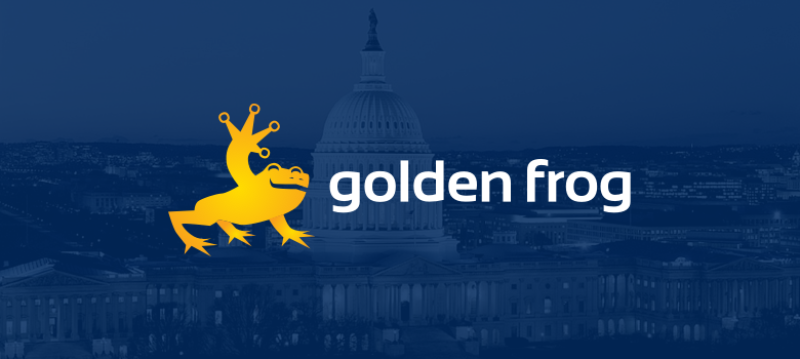
Policy
Hey Verizon, We Agree With You.
In July 2014, Golden Frog filed comments to the FCC in support of Open Access. We included some specific examples:
- A VyprVPN customer told us he gets better Internet performance with VyprVPN than though his Internet Access Provider (in this case Verizon FIOS).
- A wireless ISP was blocking a Golden Frog employee’s ability to encrypt his communications with his third-party email server. We noted that neither the prior or proposed FCC rules prevent “wired” and “wireless” broadband Internet Access Providers from blocking encryption technologies if they desire.
The strong support our filing received from public advocacy groups and the press’ interest in how our product can help alleviate Internet traffic congestion has caused Verizon to respond to our comments.
Surprisingly, we agree with much of what Verizon says.
We never accused Verizon of blocking encryption. As the Washington Post noted, Cricket is the wireless provider that was blocking encryption technologies. However, our point to the FCC is that Verizon (or any other Internet Access Provider) are free to block encryption technologies if they want, and Cricket did so for a while. Encryption inhibits the ISPs abilities to inspect and shape traffic, insert ads and sell additional services. Given their track record, we don’t trust the Internet Access Providers and without clear rules at least some will be unable to resist the urge to block or interfere with technologies that inhibit their ability to make money, even if it hurts their customers’ privacy.
Customers have noticed better Netflix performance by using our VyprVPN service. One reason is that Golden Frog manages its traffic so it goes to Internet Access Providers over uncongested links. This dramatically improves performance. Verizon agrees that is what is going on here. We won’t speculate on how Netflix and others manage their deals with Verizon, but we have been able to provide excellent performance without having to pay Verizon like Netflix did. We actively manage our network and take it as a compliment that Verizon validated what we do is working. Congestion is a problem the FCC should fix, but until it does we are providing a workaround for ISPs’ tactics.
Verizon’s response spoke to “congestion” on the Internet-facing side, but it conspicuously failed to address several other points we made about Verizon’s practices on the “user-facing” side. For example, Verizon did not deny that it inspects unencrypted traffic that comes from or goes to its users. Nowhere does Verizon deny that it looks at the content of its own users’ Internet communications when it can. Verizon did not deny that it sometimes uses its knowledge of the content for its own advantage or discloses it to others, including the government. Nor did Verizon deny that it performs application identification and then unilaterally applies “special treatment” to some applications – either slowing or assigning priority using as-yet unknown criteria – on unencrypted traffic.
Golden Frog’s mission is to provide tools that protect online privacy and provide a truly open Internet around the world. However, VyprVPN has another benefit – it defeats ISP throttling and congestion by application identification and “special treatment.” VyprVPN, in effect, becomes the customer’s virtual ISP and allows users to benefit from VyprVPN’s encrypted connection by boosting their speeds. VyprVPN frustrates the Internet Access Providers’ efforts on both the “Internet facing side” and “user-facing side,” and simultaneously protects user privacy. The FCC must act to protect users’ continued ability to employ options like VyprVPN. If reasonable rules are not put in place Internet Access Providers will expand their monitoring, throttling and blocking and they soon may proceed to prevent users from defending their privacy using encryption tools like VyprVPN.
We strongly urge the FCC to put enforceable rules in place to prevent Internet Access Providers from being able to block VPNs, proxies and other encryption technologies. If the FCC imposes no effective rules against it and the ISPs get their way, poor Netflix performance may be the problem of today, but loss of tools to protect online privacy and security will become tomorrow’s problem.

